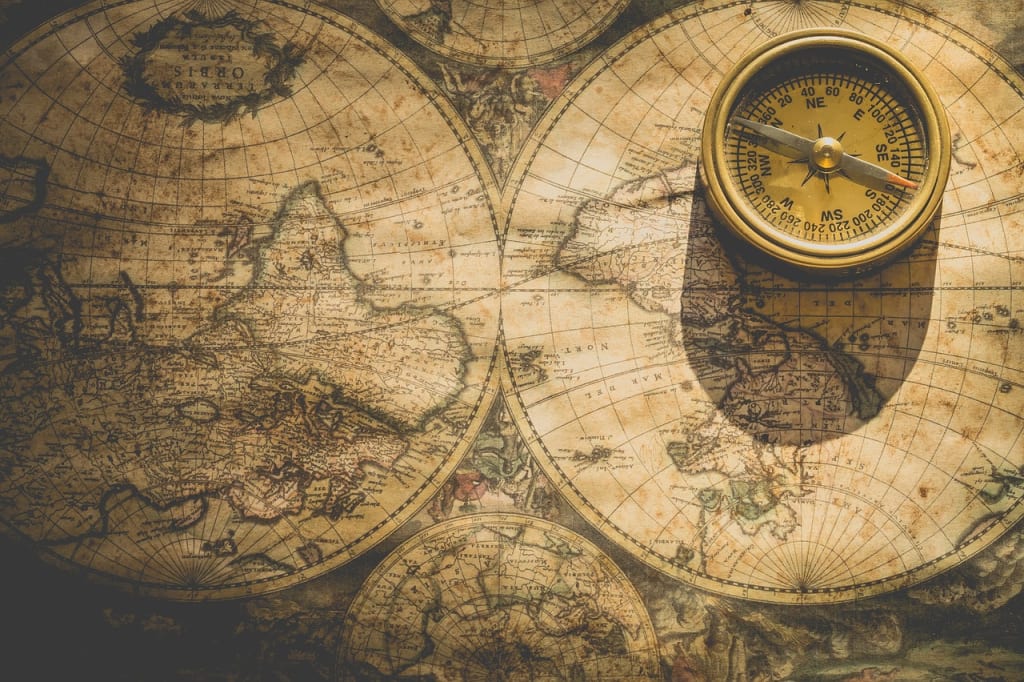
Social media platforms have transformed political discourse and civic engagement in democracies around the world. Services like Facebook, Twitter, and YouTube have enabled politicians and citizens to communicate at unprecedented scale and speed. Supporters argue that social media has created a new “public square” that amplifies citizen voices, enables more diverse and participatory debate, and revitalizes interest in politics, especially among youth. However, critics counter that social media also enables the spread of misinformation and propaganda, exacerbates political polarization, and undermines the integrity of democratic processes.
On the positive side, social media platforms have lowered barriers to political participation and amplified marginalized voices in the public sphere. Politicians and public figures now have direct lines of communication to constituents that bypass traditional media intermediaries. Citizens have more opportunities to express opinions, start or join conversations, and engage on the issues that matter to them. The lowered costs of digital communication mean that more people can make their voices heard. This expansion of the public sphere, supporters argue, strengthens democracy by giving more people a say in civic debates and policymaking.
However, social media also enables threats to democracy that are not present in traditional media. The openness that amplifies marginalized voices also amplifies intentionally misleading or factually dubious voices. "Fake news", propaganda, and conspiracy theories spread like wildfire on social media, undermining shared understanding of truth and evidence-based debate. Social media algorithms that promote "engagement" often end up promoting the most extreme, hyperbolic, fear-mongering, and outrage-inducing content. This pulls public discourse into more polarized extremes and erodes common ground, hampering the compromise and cooperation required for democratic governance.
There are also concerns that social media data and targeting can be exploited for mass manipulation and surveillance. Scandals like Cambridge Analytica show how personal data and insights from social media can be used to precisely target and manipulate people's opinions at scale. Authoritarian regimes can also access social media data to monitor dissent and crack down on political opposition. While social media holds promise as a tool for civic empowerment, there are risks of these platforms being co-opted as tools for manipulation and control.
In summary, social media has brought both benefits and drawbacks to politics and democracy. At their best, social media platforms give more citizens a voice, enable participatory debate, and revitalize interest in civic affairs. However, they also enable the spread of misinformation, exacerbate polarization, and create opportunities for manipulation. Democracies must find ways to maximize the benefits of social media while mitigating the threats and unintended consequences. There are no easy fixes, but promoting digital literacy, transparency, fact-checking, and cybersecurity are good places to start. Overall, social media is shaping democracy in complex ways, and democracies must rise to the challenge of this new digital public sphere.
While social media has undoubtedly expanded and diversified public discourse, it is questionable whether it has actually improved the quality of democratic debate or decision making. With low barriers to entry, social media privileges speed and virality over accuracy or thoughtfulness. Nuanced policy arguments are often drowned out by catchy but misleading slogans and "hot takes." The anonymity of online discourse also breeds incivility and contempt that would not be tolerated in person. This overall diminishing of discourse undermines the rationale that more participation necessarily improves democracy.
Democracies also must grapple with the fact that a handful of large tech companies have gained outsized influence over the digital public sphere. Facebook and Twitter have become the de facto gatekeepers and managers of political discourse on their platforms. Yet these companies are driven primarily by commercial rather than civic interests. They make decisions over appropriate speech and content moderation based on ambiguous community standards rather than consistent principles of democratic ethics. Their algorithms are designed to maximize attention and time spent on platforms, not the quality of debate or accuracy of information. Relying on private companies to regulate the new digital commons risks ceding a core function of democracies - managing the marketplace of ideas - to commercial entities with little transparency or accountability.
The challenges posed by social media require creative policy and civil society responses. Governments, tech companies, media organizations, schools, and public citizens all have roles to play to maximize the benefits of social media while mitigating the risks. Laws and policies may be needed to curb targeted manipulation, limit micro-targeting of political ads, and reduce anonymity. Platforms must make their algorithms and data more transparent and accountable. Media literacy and critical thinking education are more important than ever. And citizens must push back against polarizing echo chambers by engaging in good faith across lines of difference.
Social media has revolutionized political communication, but democracies have work to do in shaping this tool to align with democratic values. With thoughtful policymaking and social adaptation, democracies can enjoy the participation and pluralism of social media while avoiding the pitfalls of polarization, misinformation, and manipulation. The future of democracy depends on how well societies rise to navigate this new digital landscape. Social media provides the potential for a vibrant democratic public square - but democracies must act to fulfill that potential.





Comments
There are no comments for this story
Be the first to respond and start the conversation.